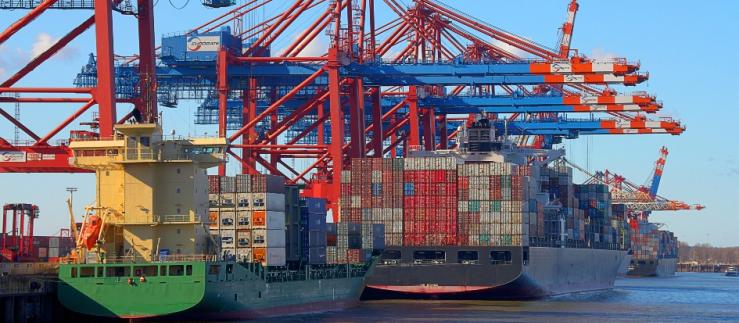Mr. Musy, China has lifted its zero-covid policy and reopened its borders. How is the situation now?
In general people expect that things will get back to normal by Q2 2023. Though in Shanghai (and most of the countries cities) 80% of the population have been infected by COVID 19 according to government estimates, people are still not sure what to expect from the virus in the future and how strongly the economy will restart. For the elderly people there is a risk, as known, but for the others, especially the vaccinated, it is usually not seriously worse than a flu. The infections have moved to the countryside because of people travelling all over the country to their relatives during Chinese New Year. Nevertheless, I expect that by March the first wave will be over.
And how is the economy reacting to the new situation? Is there a spirit of optimism?
First a remark about the past to understand better how managers feel: before Covid and for the last 30 years, people were very much used to a highly predictable environment in China. It was a managed economy, where a five-year plan defined, for example, the economic growth rate to be achieved and the industries which were developed. At company level, this was very comfortable for making investment plans and returns. 2022 was the first year when China became unpredictable while the rest of the developed world developed more or less normally, and it was a shock.
Now, consumption has picked up and people travel again. You could call it semi-normal, at least for the population in big cities. A lot of opportunities are coming back.
A very large number of small businesses were closed down by their owners. They are now considering to reopen them.
From the government side there is a strong willingness to push again the international economic relations. Cities and Provinces are sending delegations abroad. The executive Vice-Mayor of Canton (Guangzhou) for instance travelled to Zurich and Neuchâtel in December. There are more trips planned by the Mayors of Guanzhou, Changzhou (home of Rieter und Mettler Toledo) and a number of provinces and cities in order to encourage companies to import and export as well as to promote investments into their locations. It's the beginning of a new “charm offensive” lead by China’s government, in line with the message delivered by the Vice-Premier in Davos.
Can you make a forecast how things will develop further?
Businesses are still not sure whether predictability is coming back. For this year the government is expected to announce around 5% economic growth, which, I think, is reasonable. However, many people take a “wait and see” approach.
The real estate sector is still in a latent crisis. Though Chinese have saved much extra money during the zero-covid time, they are known to save if the economic environment appears uncertain to them. The question is whether they will be confident enough to spend those savings. Traditionally, local governments would show the way out of a low economy by providing stimulus and incentives. However, since they have spent considerable amounts on all the zero-covid measures, it's uncertain if they will be able to jump start the economy powerfully. All in all the prospect for 2023 is definitively incomparably better than how 2022 was.
How are Swiss companies doing in China?
We do a yearly survey among Swiss companies. For 2022 we finished it in February, but then there was the invasion in the Ukraine and the lockdown in Shanghai and everything went upside down. So we did a second flash survey in July to see how people reacted to these very unusual disruptions. At the beginning of 2022, Swiss companies were the most optimistic they had ever been, but in July they are turned to the least optimistic ever!
The survey for 2023 is still going on, but based on an initial set of replies Swiss companies are again very positive. At the same time, they still postpone investments, a trend that we could first see in July 2022. They are positive, but they are not taking risks.
Indeed, the geopolitical situation is still a Damocles sword. On one hand, the question remains whether the USA will put more sanctions on Chinese companies because of China’s relations to Russia. These sanctions increase the complexity of trade for Swiss companies too, due to the risk of secondary sanctions. In addition, there's the Taiwan issue that no one expects to be resolved soon. At the moment the tendency is for both sides to bring the conflict to a lower level. No one can predict how this will turn out and the uncertainty generated by this issue is not favorable for investments.
What are your recommendations for Swiss companies doing business in China? When is the best time to visit the Chinese partners now?
As soon as possible... a lot of people did not travel for three years. This created difficulties with managing operations in China. I recommend to visit your partners the sooner the better. Now is the start of the New Chinese Year, when people restart doing business, it is a very good time!






